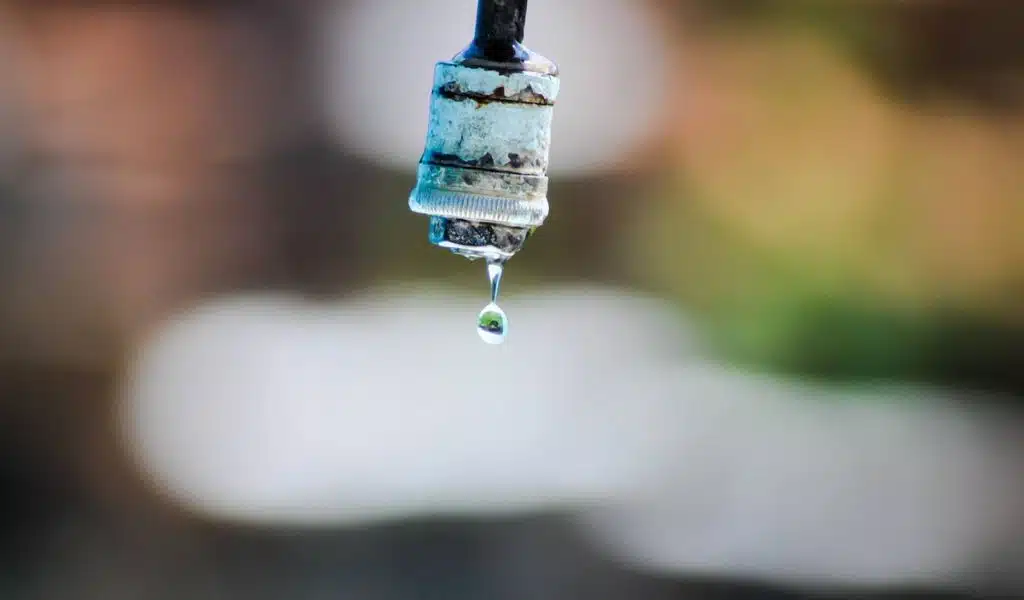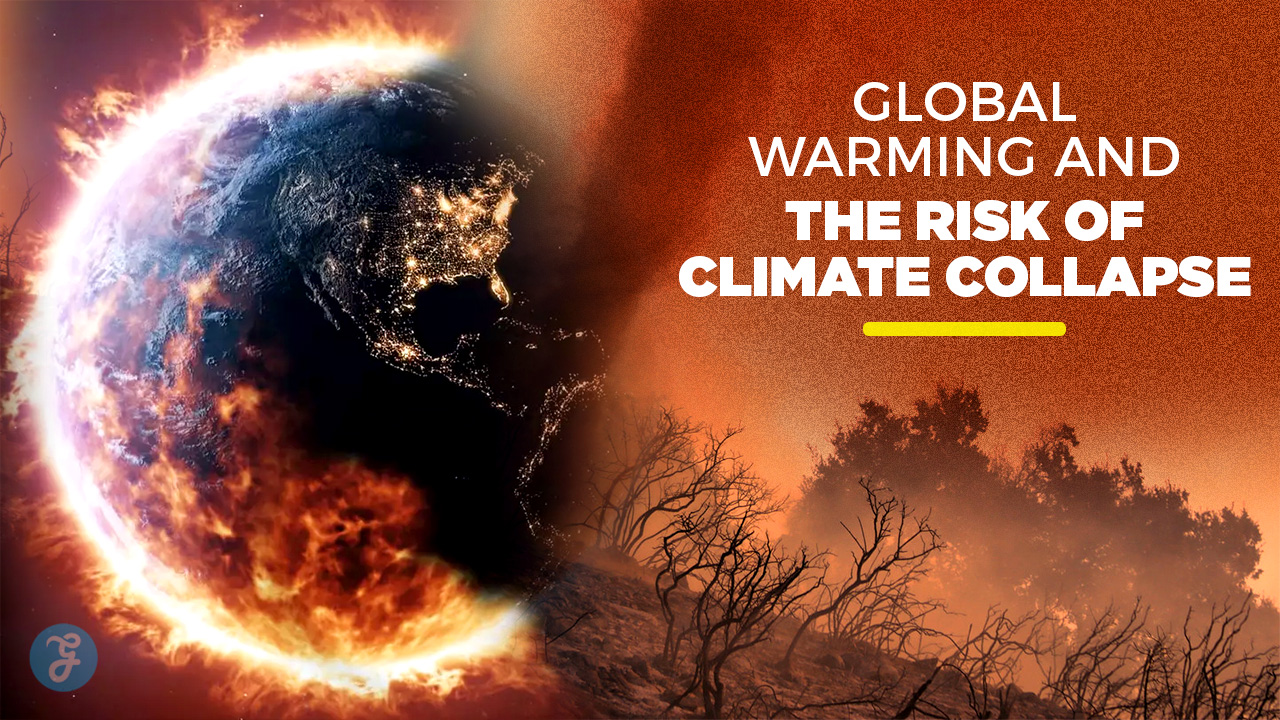Listen to the Podcast:
India is predicted to be the country that will be most severely impacted by the increase in the number of urban dwellers who will face water scarcity, which is expected to rise from 933 million in 2016 to 1.7–2.4 billion by 2050, according to significant research that the United Nations released on Tuesday.
Before the UN 2023 Water Conference, the United Nations released the “Global Water Development Report 2023: Partnerships and Cooperation for Water,” which said that 80% of people who experienced water stress resided in Asia, particularly northeast China, India, and Pakistan.
“The global urban population facing water scarcity is projected to increase from 933 million people (one third of the world’s urban population) in 2016 to 1.7-2.4 billion people (one third to nearly half of the world’s urban population) in 2050, with India projected to be the most severely affected,” the report said, citing data.
According to Audrey Azoulay, director-general of UNESCO, in order to stop the global water crisis from getting out of hand, it is urgently necessary to build robust international procedures. Water is our shared future, so it is crucial that we work together to manage it responsibly and distribute it fairly. The survey showed that 3.6 billion people worldwide lack access to securely managed sanitary facilities, and two billion people do not have access to safe drinking water.
At a press conference held at UN Headquarters before the report’s release, Richard Connor, the report’s editor-in-chief, warned reporters that “uncertainties are growing.”
He warned that “if we don’t solve it, there will absolutely be a global crisis,” citing the increasing scarcity that results from decreased supply and greater demand, including urban and industrial growth as well as agriculture, which alone consumes 70% of the global supply.
In the report, UN Secretary General Antonio Guterres stated that “humanity depends on water for its survival. It is essential to life itself and promotes the wellbeing, adaptability, growth, and prosperity of both individuals and the planet.” Guterres expressed worry that humanity is heedlessly moving in a hazardous direction.
The lifeblood of humanity is being drained drop by drop by vampire overconsumption, overdevelopment, unsustainable water use, pollution, and unregulated global warming. The research, he claimed, “reminds us that partnerships are essential to safeguarding and protecting this priceless resource for future generations.
Developing and implementing practical solutions requires collaboration between governments, corporations, academics, civil society, and communities, especially indigenous groups, for the wise management and conservation of the world’s water resources.
According to Guterres, the 2023 United Nations Water Conference will be the first important UN water conference in nearly 50 years and a vital step toward achieving Sustainable Development Goal 6: clean water and sanitation for everyone, is a crucial time for collective progress.
According to the paper, partnerships and cooperation are essential to integrated approaches to water management that span several important industries because water is a cross-cutting issue.
The intersection of food, energy, and water is crucial in a transboundary setting. The Mahakali Treaty (Pancheshwar Multipurpose Project), an agreement between India and Nepal to provide water and energy security for both countries, is one partnership tackling this issue. Despite the Pancheshwar Multipurpose Project’s lengthy delays, it was noted to have several positive effects on irrigation, flood management, and reducing energy shortages.
The study also pointed out that partnerships prioritising knowledge co-creation rather than knowledge transfer attempt to embrace the diversity of knowledge systems’ skills and experiences. This is especially important when talking about water.
“Many regions of the world use traditional methods to manage their water resources. These methods range from very complex ones like ancient water planting and harvesting techniques to local expert knowledge on spring water availability and flood frequency (e.g., para systems in western Rajasthan, India, and amunas in Peru). This can (and should) also take into account the expertise and experience of women, who frequently play a crucial role in managing water resources, particularly in rural areas,” it read.
The report also mentioned that Google launched a flood forecasting initiative in 2018 as part of a crisis response program to offer reliable information and resources in dire situations. The initiative aims to prevent catastrophic damage by arming those in danger with precise and thorough alerts.
It began by sending out 40 million possibly life-saving notifications in areas of India and Bangladesh with a combined population of 220 million, in collaboration with the Indian Central Water Commission and the Bangladesh Water Development Board.
Earlier worldwide flood alerts merely provided information on the projected rise in river levels, which was not always valuable for those at risk. These vital details are visualized by Google’s flood alerts, which overlay the extent and depth of likely flooding directly onto Google Maps.
The report, released by UNESCO, focuses on the twin themes of partnerships and cooperation and emphasizes cooperative ways actors can come together to address shared difficulties.
According to Connor, building relationships and working together is essential to achieving the human right to water and resolving current issues. In describing the situation, he claimed that economic water scarcity is a significant issue where governments fail to give secure access, like in the centre of Africa, where water flows. The Middle East and northern India are two arid regions where physical scarcity is greatest.
Connor stated the crucial natural resource “tends to lead to peace and collaboration rather than violence” in answer to inquiries about potential “water wars” in the wake of a worldwide catastrophe.
He said that 153 nations share roughly 900 rivers, lakes, and aquifer systems and that more than half have signed agreements, saying that strengthening transboundary cooperation is the primary tool to prevent conflict and rising tensions.









































